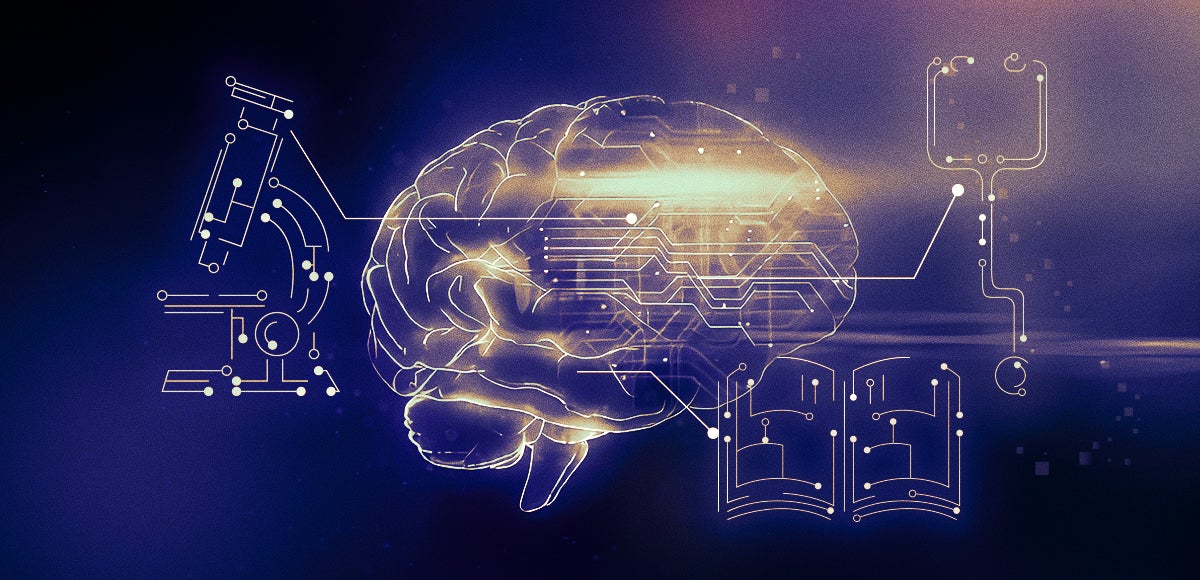Rising Demand for AI and Data Science Experts in 2024: Shaping the Future of Tech

The AI and Data Science Boom
AI and data science have evolved from buzzwords to essential components of modern business strategies. The acceleration of AI development, particularly with advances in Generative AI like ChatGPT, is reshaping how businesses operate. Companies are leveraging AI to enhance customer experiences, automate processes, and uncover insights from vast amounts of data.
Data Science, on the other hand, is fueling decision-making by providing actionable insights through predictive analytics, machine learning algorithms, and big data processing. As organizations seek to unlock the value of their data, skilled data scientists are becoming indispensable for interpreting complex datasets and guiding strategic initiatives.
Key Roles in Demand
1. AI Engineers
AI engineers are responsible for developing intelligent systems that mimic human thinking. From building chatbots and recommendation engines to autonomous systems, the demand for AI engineers is soaring. Companies are looking for professionals who understand machine learning algorithms, deep learning frameworks, and natural language processing (NLP) models.
2. Data Scientists
Data scientists play a crucial role in turning raw data into meaningful insights. They apply statistical techniques and machine learning models to solve business problems. Proficiency in tools like Python, R, SQL, and big data platforms (e.g., Hadoop, Spark) is a must-have for data scientists in 2024. Their expertise in predictive modeling, data visualization, and data wrangling is essential for driving informed decisions.
3. Machine Learning Engineers
Machine learning engineers focus on designing and deploying machine learning models that can learn from data and make predictions or decisions with minimal human intervention. These roles require strong knowledge of algorithms, data structures, and programming languages like Python or Java. As AI systems become more sophisticated, ML engineers are crucial for ensuring that models are scalable and efficient.
4. Data Engineers
As data volumes grow, so does the need for professionals who can design, build, and maintain the infrastructure necessary for data storage and processing. Data engineers work behind the scenes to develop pipelines and architecture that allow for seamless data flow and integration. With cloud platforms like AWS and Azure driving data storage and processing, expertise in these areas is increasingly in demand.
5. AI Researchers
AI researchers work on cutting-edge innovations in AI, creating new algorithms and improving existing models. Their role is particularly important in fields like natural language processing (NLP), computer vision, and robotics, where AI is pushing the boundaries of what’s possible.
Key Skills for AI and Data Science Careers
Professionals looking to enter or grow in these fields need a blend of technical and analytical skills. Key technical skills include:
- Programming Languages: Python, R, SQL
- Machine Learning Frameworks: TensorFlow, PyTorch, Scikit-learn
- Big Data Technologies: Hadoop, Spark
- Cloud Platforms: AWS, Azure, Google Cloud
- Data Visualization: Tableau, Power BI, Matplotlib
- Statistics and Probability: Essential for building and interpreting models
In addition to technical prowess, soft skills such as problem-solving, critical thinking, and communication are vital. AI and data science experts must work collaboratively across departments and clearly communicate complex findings to non-technical stakeholders.
Industries Driving Demand
Several industries are at the forefront of AI and data science adoption:
- Healthcare: AI is revolutionizing medical diagnostics, drug discovery, and patient care, making healthcare a key driver of AI hiring.
- Finance: Data science is crucial for risk management, fraud detection, and algorithmic trading in the financial sector.
- Retail and E-commerce: AI-powered recommendation engines, demand forecasting, and supply chain optimization are fueling demand for these roles.
- Manufacturing: AI is being used to streamline production processes and predictive maintenance, improving efficiency and reducing costs.
The Future Outlook
The hiring surge for AI and data science experts shows no signs of slowing down. As businesses continue to digitalize and focus on automation, the need for talent in these fields will only grow. Furthermore, the development of Generative AI, AI ethics, and AI-driven automation will open new opportunities for those skilled in AI and data science.
In 2024, professionals with expertise in AI and data science are at the forefront of shaping the future of technology. As companies increasingly rely on intelligent systems and data-driven strategies to stay competitive, the demand for skilled AI engineers, data scientists, and machine learning experts will continue to rise. For those seeking a career in tech, there has never been a better time to specialize in these transformative fields.
Recent Insights
- Why an LMS System is Essential for Modern Education and Corporate Training
- Revolutionizing the Hiring Process in the IT Industry: A New Approach to Talent Acquisition
- The Rise of Quantum Computing: A New Era in Technology
- Unlocking the Future of Finance: A Case Study on Open Banking
- Rising Demand for AI and Data Science Experts in 2024: Shaping the Future of Tech